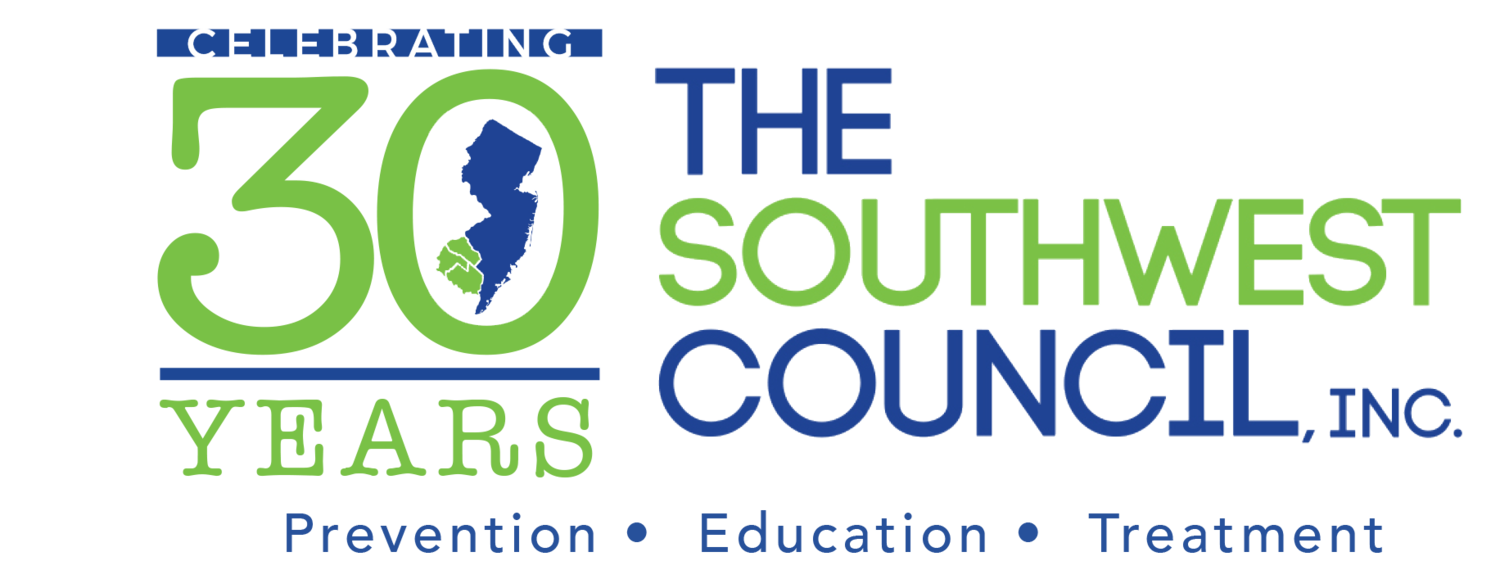by: Adrienne Davis
One of the most freeing and exhilarating notions is that we all have the ability to change. Some of us would like to change something simple like our diet, our hairstyle, home décor, or our everyday routine. However, there are people facing the much more difficult obstacle of addiction. Small changes can be an easy task for some, but other people can find change to be a daunting concept. While the thought itself is freeing, actually taking the steps to change something we are used to is much more challenging.
The motivation to change a substance abuse problem or addiction seems simple from the outside looking in. Substance use is an unhealthy coping skill that can lead to addiction, depression, unstable interpersonal relationships, and death. Of course, someone experiencing these hardships as a result of addiction would be motivated to change their behavior and circumstances, but that is easier said than done.
Whether we realize it or not, we all go through a series of steps before we make an official change. In the late 1970’s the Transtheoretical Model (Stages of Change) was developed. This model was established during research studies assessing the experiences of smokers. The Stages of Change Model assesses the process an individual goes through when they are attempting to make a healthy change.
The Stages of Change Model includes six components: pre-contemplation, contemplation, preparation, action, maintenance, and termination. Pre-contemplation indicates that an individual has no current plans to change their behavior. They may not be seeing or feeling the negative consequences of their actions at this time. At the contemplation stage a person starts to consider changing their behavior. During the preparation stage, the individual begins to take small steps to alter their behavior. For example, someone with an addiction to alcohol may attempt to limit the times that they drink during the week. Next is the action stage where the individual changes their behavior. That could include joining Alcoholics Anonymous or Narcotics Anonymous. It could also include seeking counseling for their addiction. In the maintenance stage, the individual has changed the behavior for six or more months. Lastly, the termination stage signifies that the individual no longer has the desire to return to the unhealthy behavior.
The last step can be difficult; especially when referring to addiction. The Stages of Change Model also accounts for relapse. However, the Stages of Change Model is not a rigid one-way street; it is a cycle. No one can be a beacon of perfection. What makes change such a freeing notion is that it provides us with hope. Not only do we have the ability to change, but we have the ability to try again if we lose our way. We also have the ability to ask for help. In addition to programs such as AA and NA, there are also resources such as the Southwest Council. Southwest Council services Gloucester, Salem, and Cumberland County. 856-794-1011 or https://www.southwestcouncil.org/
Sources





